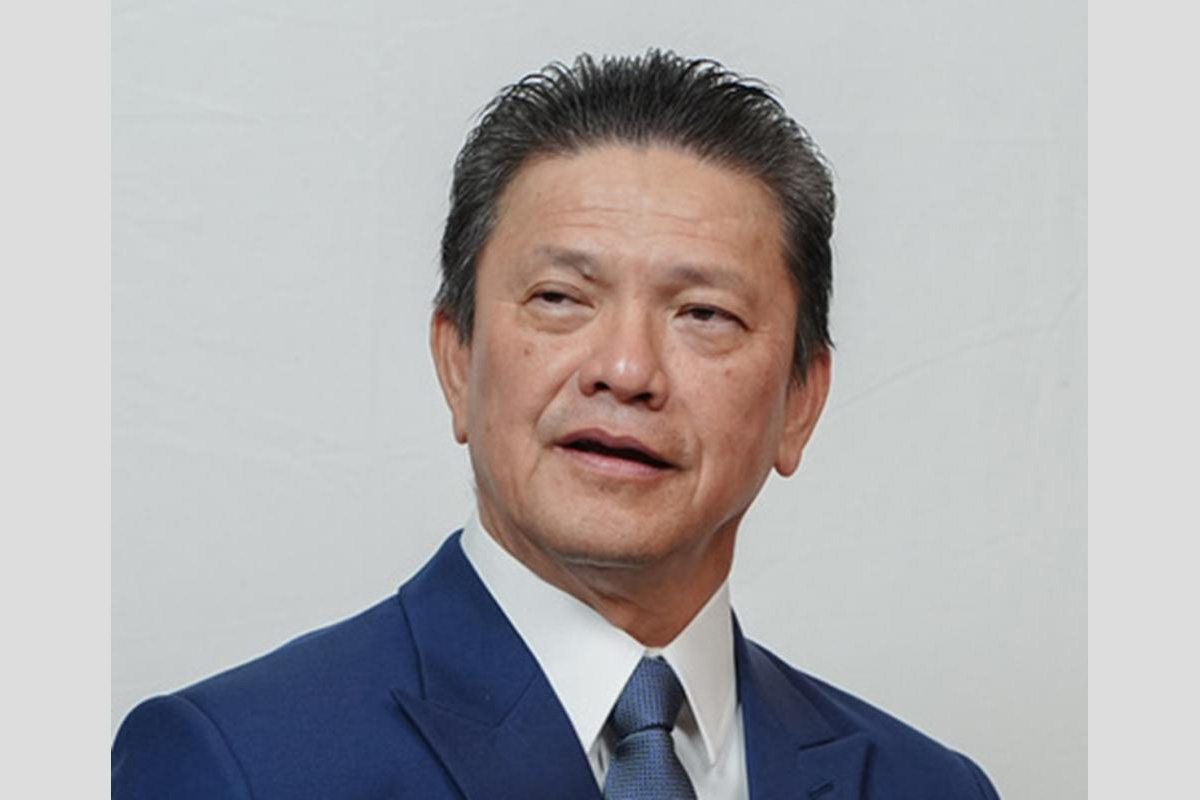
KUALA LUMPUR (April 19): The Malaysian rubber glove industry has demonstrated resilience and adaptability amidst challenging global dynamics, with optimism for a rebound in 2024, with an anticipated surge to approximately 450 billion pieces by 2027 despite a downturn in 2023, according to the Malaysian Rubber Glove Manufacturers Association (Margma).
In a statement on Friday, the industry group said this trajectory is driven by increased demand in keymarkets such as the US, EU, and Japan, as well as the expanding usage of gloves in non-medical sectors post-Covid-19, including hotels, restaurants, cafes, semiconductor industries, and others.
It added that the Malaysian Rubber Council (MRC) expects this surge in demand and stands ready to support the industry in achieving its growth targets.
Margma president Oon Kim Hung said the global demand for rubber gloves has experienced fluctuations, yet the commitment to delivering high quality gloves for the world remains steadfast.
“We must prioritise fairness, transparency, and sustainability in all our practices and in particular our pricing practices”, he said.
Oon said some of the biggest challenges that persist, include the low Average selling prices (ASP) and oversupply issues but this did not mean the Malaysian rubber glove industry players should bend on their ethical practices to counter the stiff competition from regional players.
“We can look to other means of addressing competitiveness where we are seeking government support in various matters.
“We have appealed to the government for the immediate removal of this export cess, to enable the industry to overcome current challenges and enhance its global competitiveness in the post-pandemic era,” he said.
Oon said integrating sustainability into business practices becomes the industry’s key focus to address environmental concerns, reduce carbon footprint, and enhance brand reputation.
He said this could involve initiatives such as eco-friendly manufacturing processes, waste reduction, and renewable energy adoption.
“Our association members are fully committed and have made substantial progress towards compliance with the EU Deforestation Regulation (EUDR) and Corporate Sustainability Due Diligence Directive (CSDDD) of European Union countries," he said.
Margma said it is also working towards strengthening the local industry ecosystem from upstream to downstream automation processes and embracing digitalisation that could present opportunities to address labor shortages and optimise efficiencies.
Technologies like Internet of things and artificial intelligence can enhance operational optimisation and decision-making, contributing to global competitiveness, it said.
